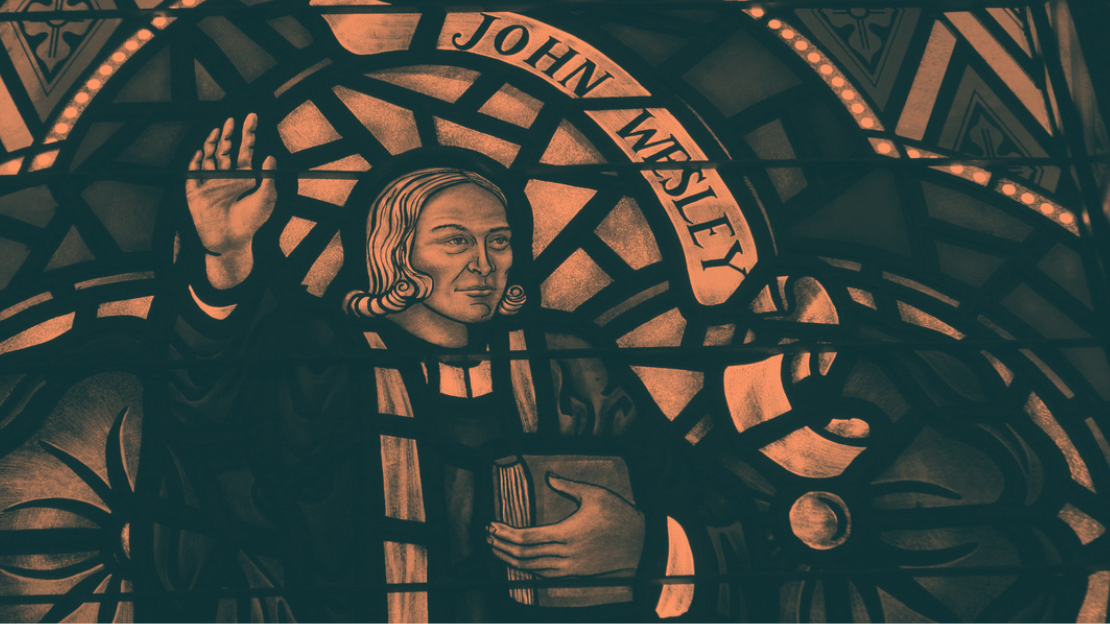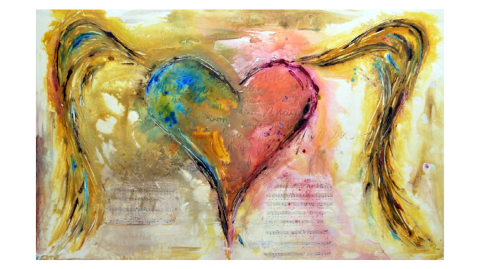The Pharisee stood by himself and prayed: 'God, I thank you that I am not like other people--robbers, evildoers, adulterers--or even like this tax collector.
--Luke 18:11
For those of you who are college football fans, you have likely been indoctrinated into the well-scripted rituals of ESPN’s College GameDay. The presentation has been expanded and refined over the years, but since 1987 the show has always been known for its prediction section at the end of each broadcast. The highlight, of course, is the much anticipated moment when Coach Lee Corso offers his famous rebuttal (not so fast, my friend!) and then dons the enormous mascot headgear of his ultimate pick of the week. This act of prophetic protest is met immediately with various cheers or jeers from the gathered crowd. It is a comical display of well-devised hysteria.
After waving their signs for hours, the assembled mob suddenly erupts with riotous praise or disagreement. But that’s about as far as it goes. Naturally, the setting is not designed for actual conversation. Having witnessed this spectacle first hand last year in Gainesville, I can assure you that by that point in the program it is too late to mount a credible defense one way or another. Once that caricature goes up, it’s all over. The culturally appointed authority has spoken. The closing credits start to roll.
Thinking back to my college days, it is amazing to me just how influential this ‘analysis’ was to my outlook on the character and quality of the individuals involved—as if their opinions were the only ones that mattered! I unwittingly assumed that these ‘experts’ had the insight to rightfully label these teams as winners and losers long before the players themselves could even take the field. More often than not, the show was more eventful than the actual game! And much like the local meteorologist, these sage commentators could be completely wrong with their projections and still I would hang on their every word. They might love a team one week and then pick them to fall to the bottom of the barrel the next. No matter. Regardless of the actual credibility of these portrayals, they had my undivided attention—so long as I was entertained.
This award winning recipe of speculation and hearsay clearly works well as an amusing pregame show. It can prove most troublesome, however, in matters that require greater moral discernment and with more significant ethical consequences. Whom do you trust for such counsel? How easy it is to pick and choose those voices that will reinforce our notion of the winners and losers, the righteous and the wicked, thereby enabling us to not only self-justify, but also to conveniently insulate ourselves from the dreaded forces of actual change.
In light of the prevailing insistence on our version of reality, are we still open to the possibility of conversion, or is that merely our preference for those “other people”? What do you learn from the prayer of the Pharisee? I learn that I cannot be trusted to make such assessments on my own!
When Charles and John Wesley were students at Oxford University (and before ESPN had the power to consume their idle time completely) they started a small group that met for regular prayer, bible study, and discipleship. In their private devotions, it is remembered they would use these questions to “methodically” examine their own spiritual lives, to help them be spiritually accountable in the faith, and to encourage growth in their commitment to Christ. This too was plainly scripted, but later became the beginning of the Methodist movement.
John Wesley asked himself these questions every day and recorded his responses in a journal in order that he could grow spiritually. Since then, others within this movement have learned to ask additional questions. For instance, how might a commitment to this kind of honest examination of your spiritual life sharpen your commitment to Christ? How might this kind of spiritual accountability impact the mission of Christ in the world?
Here are Wesley’s original questions:
1. Am I consciously or unconsciously creating the impression that I am better than I really am? In other words, am I a hypocrite?
2. Am I honest in all my acts and words, or do I exaggerate?
3. Do I confidentially pass on to another what was told to me in confidence?
4. Can I be trusted?
5. Am I a slave to dress, friends, work or habits?
6. Am I self-conscious, self-pitying or self-justifying?
7. Did the Bible live in me today?
8. Do I give it time to speak to me every day?
9. Am I enjoying prayer?
10. When did I last speak to someone else about my faith?
11. Do I pray about the money I spend?
12. Do I go to bed on time and get up on time?
13. Do I disobey God in anything?
14. Do I insist upon doing something about which my conscience is uneasy?
15. Am I defeated in any part of my life?
16. Am I jealous, impure, critical, irritable, touchy or distrustful?
17. How do I spend my spare time?
18. Am I proud?
19. Do I thank God that I am not like other people?
20. Is there anyone whom I fear, dislike, disown, criticize, hold a resentment toward or disregard?
21. Do I grumble or complain constantly?
22. Is Christ real to me?
Admittedly, this is not an exam that I have yet to pass very successfully. As one of my instructors used to say, this requires me to “sweep my own porch.” Every day it seems that I could stumble on a different question. But what benefit I find in failing the test! This spiritual exercise works wonders in shedding the prognosis of others, while systematically dismantling my own delusions too.
Who are we kidding? Most of us have been wearing masks long before 2020. But each time I pride myself on not being like those “other people,” the Spirit breathes forcefully, saying, not so fast! With respect to Mr. Corso, the deepest joy I have found in life is when the Lord Jesus actually removes the exaggerated façade from our shoulders and reveals the reality of just another robber, evildoer, adulterer, etc. Try as we might to avoid it, this unexpected exposure to Truth is also the first step in grace.
Lord Jesus Christ, who stretched out your hands on the cross and redeemed us by your blood, forgive me, a sinner, for none of my thoughts are hidden from you. Pardon I ask, pardon I hope for, pardon I trust to have. You who are pitiful and merciful, spare and forgive me.
(The Ambrosian Liturgy)
Grace to You,
Darren




